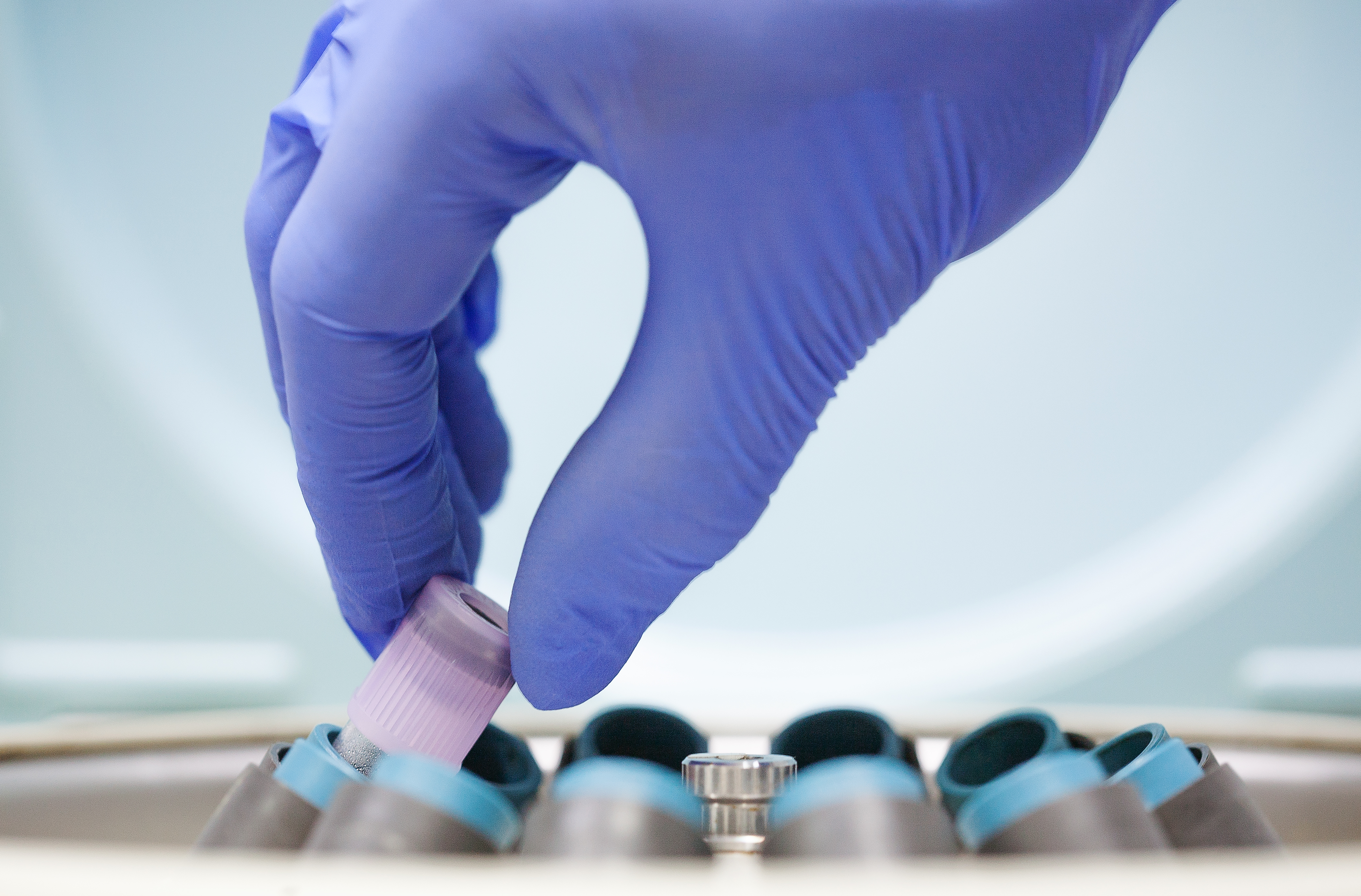
Safety Check Your Centrifuges for Better Results
07 Sep 2018
Regardless of what specific research is being conducted in your lab, safety is essential. Much like the heavy machinery operator needs to know his front loader will work properly, so too is it critically important to ensure your laboratory technicians will be safe and lab processes completed correctly.
One important part of this equation is the safety inspection. By conducting your own regular safety inspections of your rotor and taking steps to ensure safe operation, you can greatly minimize risk in your lab while simultaneously boosting function and efficiency.
Centrifuge Safety Tips
- Check for level surfaces: It’s important that you set your centrifuge on a surface that is both stable and level. It’s a good idea to check whether the surface is level before placing your centrifuge and avoid using centrifuges on wobbly table tops or uneven flooring.
- Inspect centrifuge rotors: It’s also important to conduct regular inspections of your centrifuge rotors. Make sure your rotors appear to be in good working condition without any visible signs of wear and tear. If your rotors are damaged or tubes aren’t sitting right in the rotor, it’s time to consider rotor replacement.
- Keep the lid closed during cycles: It’s important to keep your centrifuge lid closed any time it’s in motion. While your centrifuge likely has an automatic shut off feature in the event that the lid is opened, you should alwayswait until the rotor has stopped moving completely before opening the lid.
- Balance tubes: You need to balance the tubes in your rotor to prevent load balance issues. Make sure that you place tubes that are equal in mass opposite each other to keep your rotors balances.
- Wear appropriate safety equipment: Technicians who work with centrifuge equipment should always wear the appropriate safety gear. Safety goggles and a face shield should be worn to reduce the risk of eye damage as a result of splashing sample matter.
- Monitor centrifuge operation: It’s a good idea to pay attention to the way your centrifuge operates during sample cycles. If you notice excessive wobbling or shaking, you should shut your centrifuge off immediately and request repair service from a professional.
- Stay clear of the centrifuge during operation: Bumping into the centrifuge or otherwise disturbing it during operation can interrupt the cycle and may knock your centrifuge over and cause injury or damage. Make sure that technicians stay clear of centrifuges when it’s in operation to ensure it stays stable and balanced.
If you want to find out more about safe centrifuge operation or need assistance with your Labnet centrifuge, please contact our Service Department.

